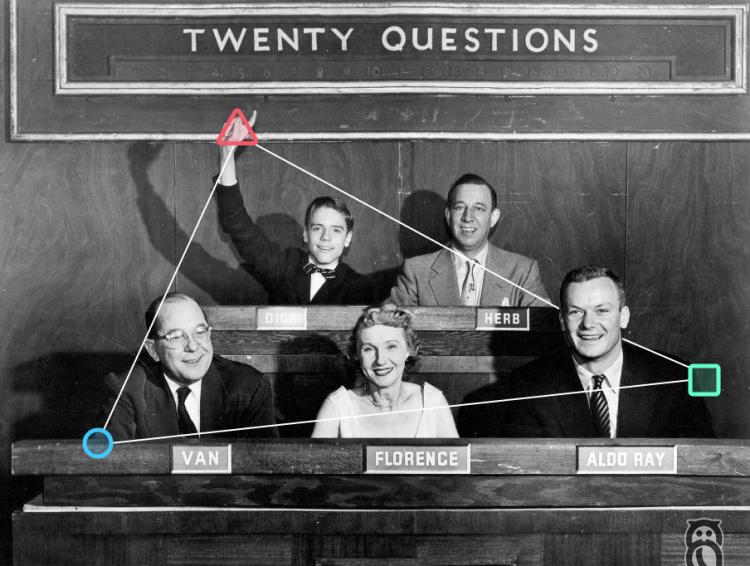Here at Savas Labs, our vision has always been to be a hub where ambitious, passionate people come together to craft digital tools to maximize their positive impact. We’ve built off of this practice through the introduction of our webinar series: Client-Side Chats. One client we had the privilege of partnering with for our Client-Side chat series was the Associate Dean of the University of North Carolina’s School of Government - Maurice Ferrell. During our discussion with Ferrell, we asked about his experience and the interview process for selecting the right agency to hire. With hundreds of agencies to choose from, finding one that truly meets your needs can be time-consuming and intimidating. This article aims to share the questions Ferrell asked during his interview process and the red flags he learned to look out for to help you with your own agency search.
But First, What are Client-Side Chats?
Client-Side Chats provide a platform to showcase how we’ve collaborated with our client partners while sharing our industry knowledge and expertise to help others:
- Learn about new technologies and tactics to support their organizations
- Understand the process and pitfalls of implementing them
- Build a network of like-minded professionals looking to make an impact using technology.
The clients we ask to participate in our Client-Side chats are selected based on several factors, including project requirements, implementation of technical solutions, lessons learned, and more.


